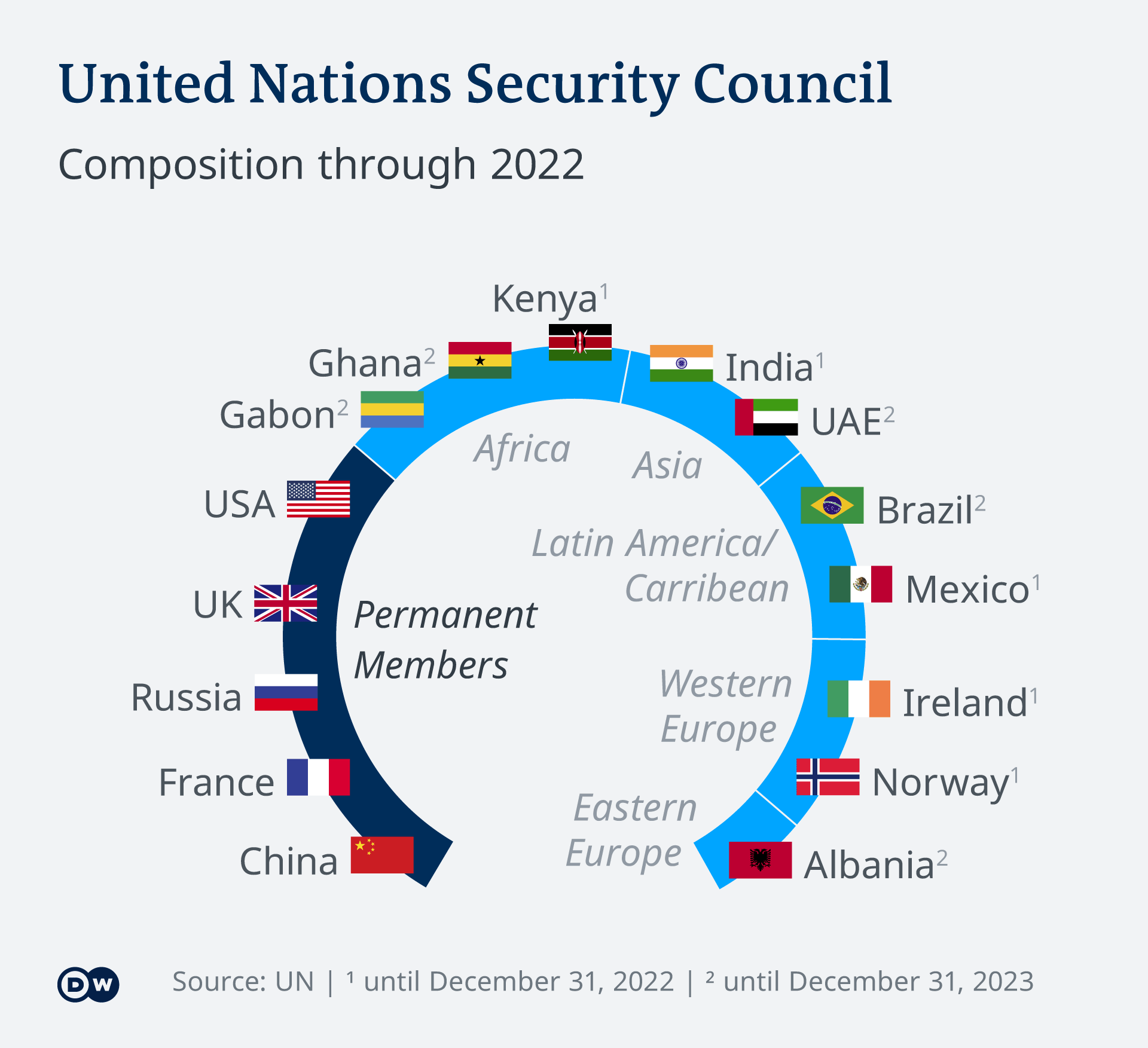The US secretary of state raised the journalist's death in a call with Israeli Foreign Minister Yair Lapid
:quality(70)/cloudfront-eu-central-1.images.arcpublishing.com/thenational/GYBPER3OETV6TH3OGDVWJPLZQI.jpg)
US Secretary of State Antony Blinken spoke to Israel's foreign minister, Yair Lapid, on Friday. EPA
The National
May 28, 2022
US Secretary of State Antony Blinken urged Israel to expedite its investigations into the killing in the West Bank of journalist Shireen Abu Akleh during a call with Israeli Foreign Minister Yair Lapid on Friday.
"Secretary Blinken underscored the importance of concluding the investigations into the death of Palestinian-American Shireen Abu Akleh," the US State Department said.
Abu Akleh, a veteran journalist for Al Jazeera, was shot dead on May 11 while covering an Israeli military raid in the city of Jenin in the occupied West Bank. She had been wearing a helmet and a press vest that clearly identified her as a journalist.
Al Jazeera US-Palestinian journalist Shireen Abu Akleh shot dead
The Palestinian Authority said on Thursday its investigation showed Abu Akleh was shot by an Israeli soldier in a "deliberate murder". Israel denied the accusation and said it was continuing its own investigations. The PA has refused to hand over the bullet recovered from Abu Akleh's post mortem to Israel and is demanding an international investigation into her death.
The Israeli army said she might have been shot accidentally by one of its soldiers or by a Palestinian militant in an exchange of fire.
Palestinian Attorney General Akram Al Khatib told reporters on Thursday that its enquiry showed there had been no militants close to Abu Akleh when she died.
Abu Akleh had covered Palestinian affairs and the Middle East for more than two decades. Qatar's Al Jazeera TV Network, which also says Israel had killed the reporter, said it would refer the case to the International Criminal Court.
READ MORE
Abu Akleh's death sparked widespread anger at a time of heightened Israeli-Palestinian tensions following a series of deadly attacks by Palestinian militants inside Israel and Israeli military raids to arrest suspects in the West Bank, mostly in and around Jenin.
On Saturday, the Palestinian Health Ministry reported the death of a fifth teenager to be killed during Israeli military raids over the past month.
The ministry said Zaid Ghunaim, 15, was wounded by Israeli gunfire in the neck and back during an operation in a town near Bethlehem on Friday and that doctors failed to save his life.
The official Palestinian news agency, Wafa, cited witnesses as saying Ghunaim came upon the soldiers in Al Khader and tried to run away but the troops fired at him. Online videos purportedly of the shooting’s aftermath show bloodstains near a white car parked in a passageway.
The Israeli military said soldiers opened fire at Palestinians who threw rocks and Molotov cocktails, endangering the troops.
“The soldiers provided an injured suspect with initial treatment at the scene” before transferring him to Palestinian medics, the military said.
Palestinian Prime Minister Mohammad Shtayyeh said Israeli forces “deliberately” shot at Ghunaim with the intention to kill him.
Tensions are expected to escalate on Sunday, when Israeli ultranationalists plan to march through the main Muslim thoroughfare in the Old City of Jerusalem. The march is meant to celebrate Israel’s capture of East Jerusalem in the 1967 Middle East war. Israel subsequently annexed the area in a move that is not internationally recognised.
The Palestinians seek East Jerusalem as the capital of their future state.
Mr Blinken emphasised US support for a two-state solution to the Israeli-Palestinian conflict in his call with Mr Lapid on Friday, the State Department said, as well as the Biden administration’s commitment to Israel’s security.
With reporting from agencies.








/cloudfront-us-east-1.images.arcpublishing.com/gray/QH35BDW3WWE6UQHDANVY7SKMNA.jpg)

